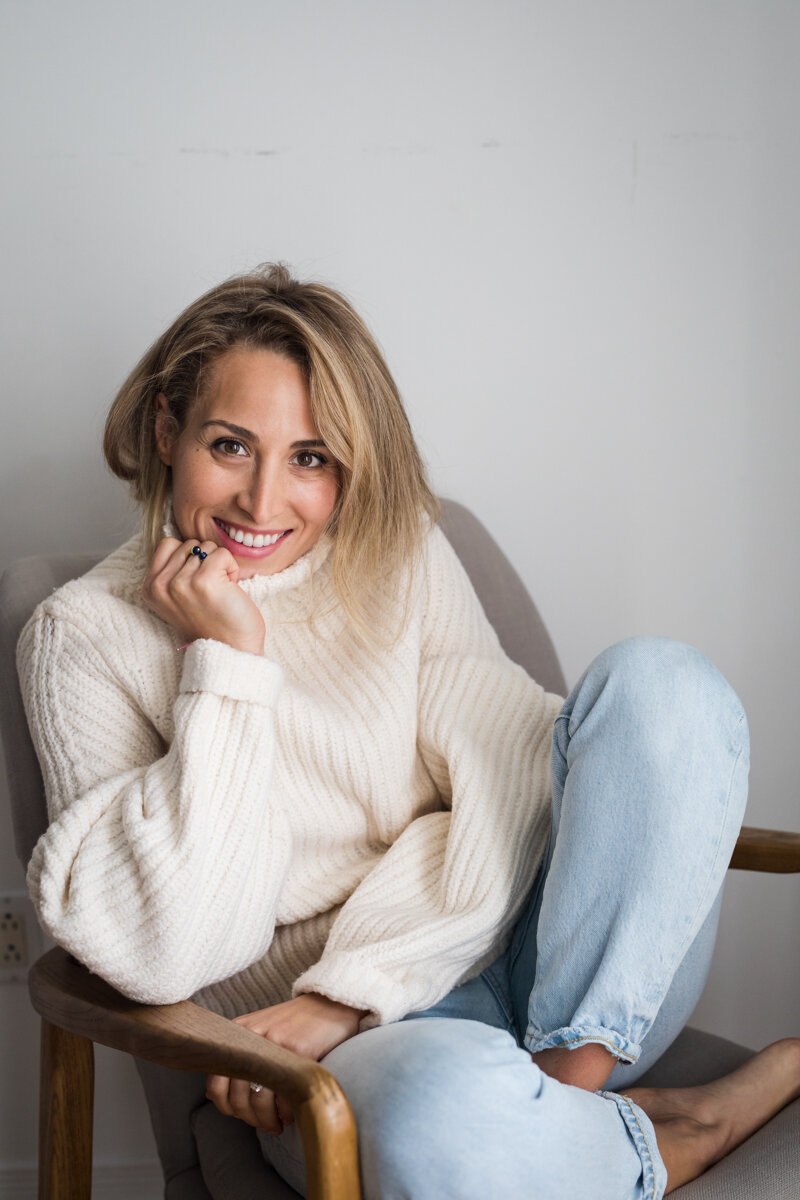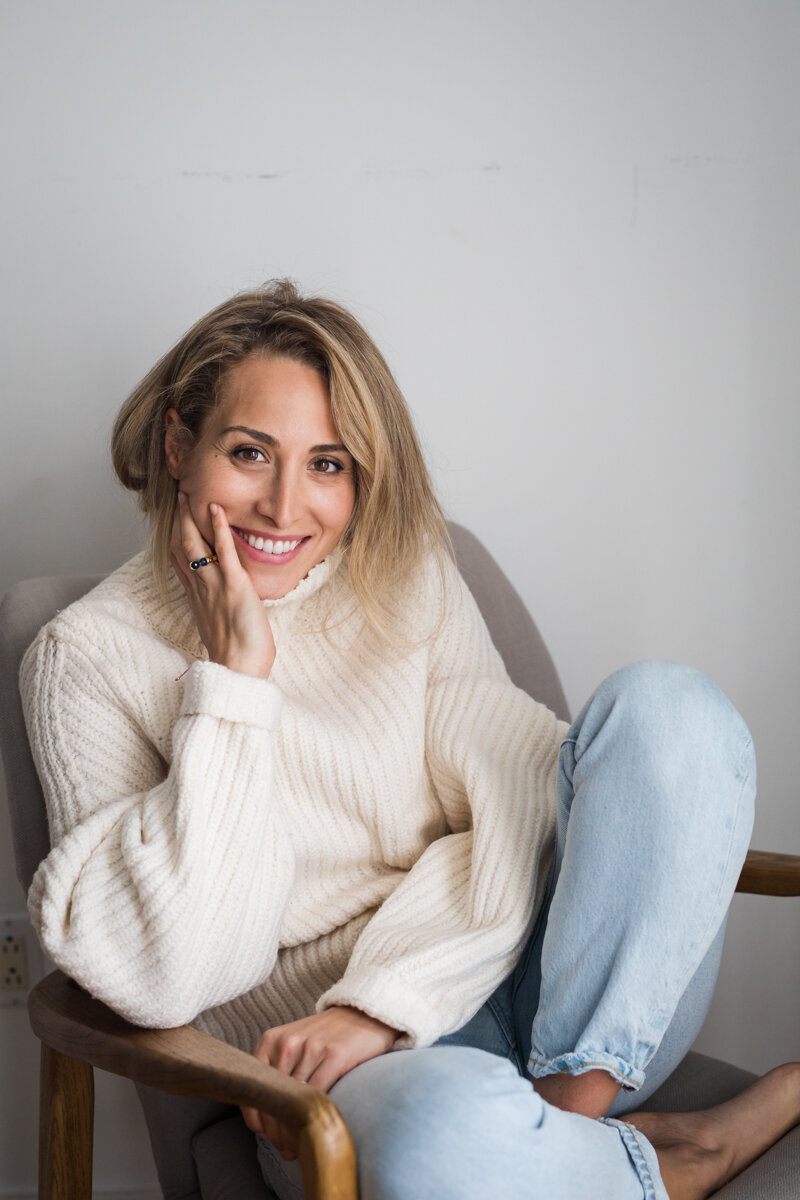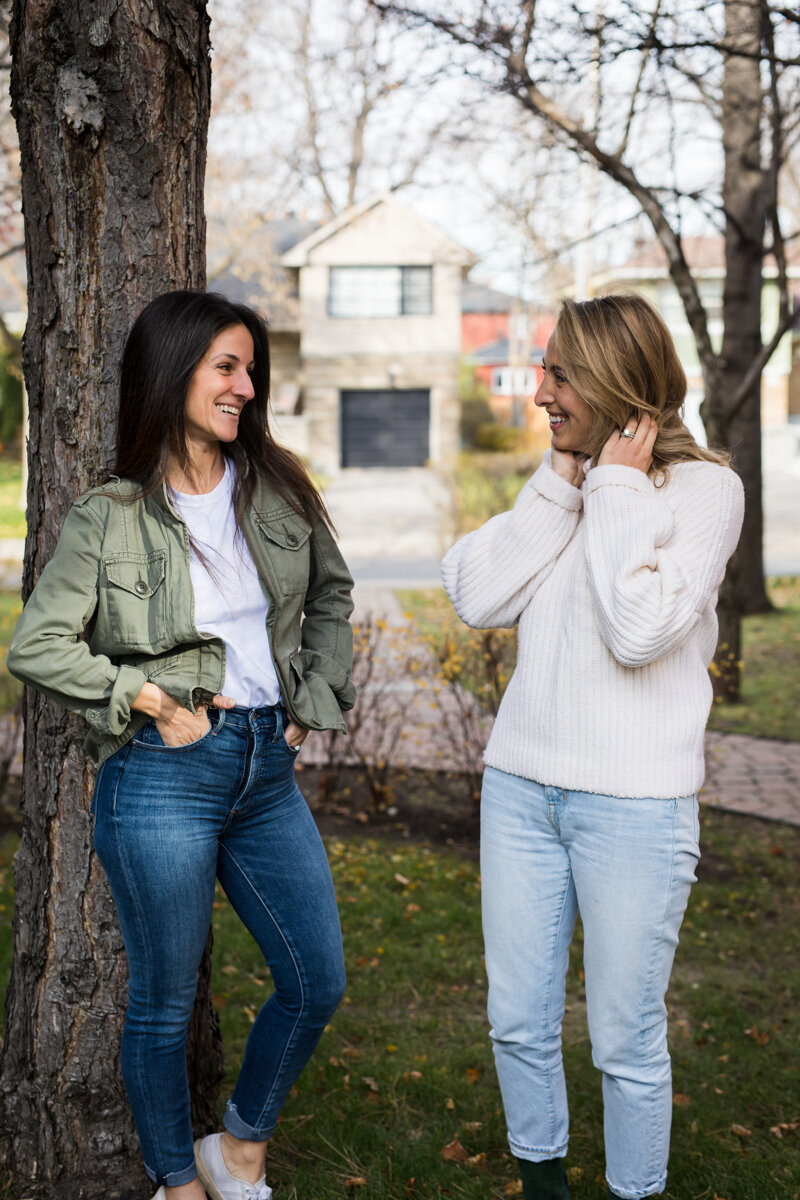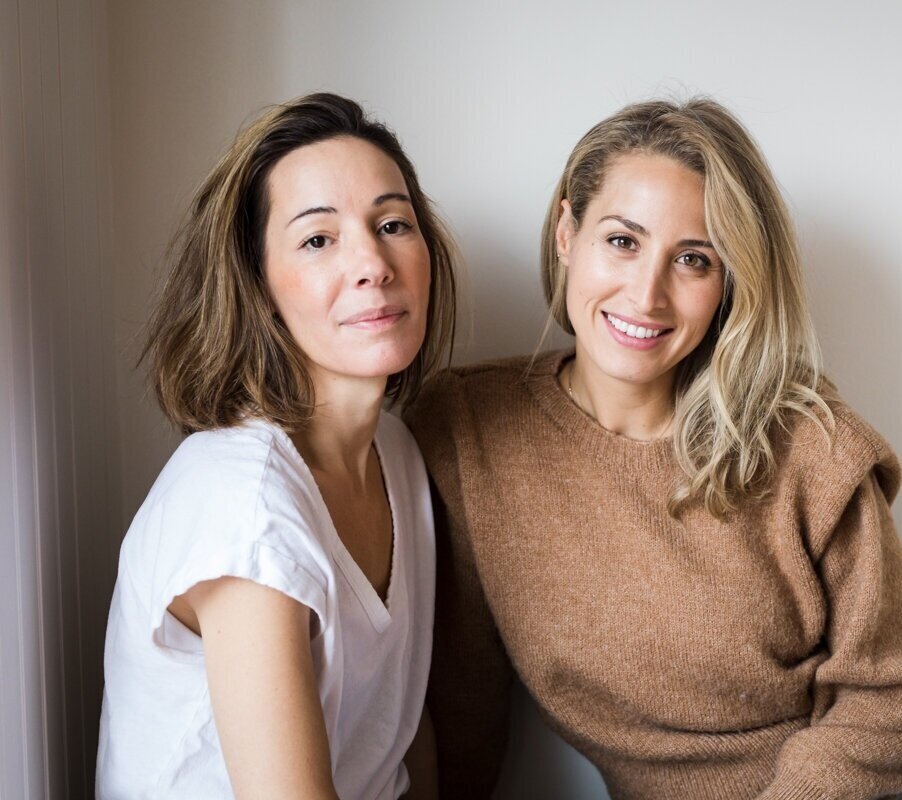The Dual Self
Written by Alecs Kakon
Photos by Jen Fellegi
Is there a self you can see, floating somewhere in a place you call the past? A self not left behind, but another self; a self that might’ve been. I think most people, especially the ones who get lost in self-reflection, find punctuated moments in their path that helped shape who they are. And then, for some even more contemplative, we revisit moments and live out a sort of “create your own adventure” of our lives. Not because we want to change the present, not because we romanticize the past, but rather because we acknowledge that every movement of a wrist, every breath in speech, every flicker of a light can impact our road, and therefore contribute to the formation of identity. It’s not an endless cycle of what ifs. No. It’s the thoughtful introspection and deep recognition that what we’ve lived is what makes us who we are. There are bifurcated paths at every juncture if we choose to see them - if you stop to bring consciousness to those moments, that is when you feel that connection to yourself; that is when meaning and purpose find their way into your life. Sitting with Darina, we chatted about how the duality of her life is what manifested her singular and unique identity, an identity she has both an intimate relationship with, yet still has so much left to discover.
Born in Kharkov, Ukraine, then known as Soviet Russia, so much of Darina’s socialist upbringing informed her perspective on life. Although she describes her upbringing as quintessential—replete with a loving family and enriching experiences,—a natural part of Darina’s cultural landscape was socialist Russia: “People idealize Soviet Russia, they say the times were simpler, and although there are moments we can be nostalgic for and positive stuff we can take away from those times, it was really tough. Stipends, deficits in household goods, queuing up for food, poverty and general struggle for many people.”
The juxtaposition of the social reality versus an innocent childhood only truly came to consciousness when Darina was 9 years old and her family packed up to move to the west. “Growing up, we weren’t connected to the Western hemisphere. I had no idea that there was another kind of life. I truly never felt deprived because in my family, the focus was on memories and experiences rather than materials. My great-grandmother raised us and we never knew that there was something missing,” Darina explains. “Only when we moved to Montreal, did I realize what I was missing all along. I know I was only 9, but, all of a sudden I just knew here we had more choices. We had freedom; it certainly felt like a liberation. I remember being in awe that we didn’t have to line up at the McDonald’s and even more than that, this highly coveted symbol of this glorious western life in Russia was available on every street corner here. There was definitely some cognitive dissonance, this friction that forced me to reconcile the differences between the two worlds.” Before having moved to Montreal, Darina had only really known a life of political strife: “It’s funny, because in grade 1, we had these textbooks to learn the alphabet, and on the inside flap were these propaganda lines ‘Lenin lived, Lenin lives, Lenin will always live!’ I didn’t think anything of it. I mean even when we would be in Syria—where my dad is from—the similarities of having an ever-present, omnipotent president was in everyone’s lives. It’s all I knew. But then we moved to Canada,” Darina states, “I think the absence of it here made the presence of it there so much more apparent.
“With powerful reflection, Darina then quotes: ‘In our country,’ said Alice, still panting a little, ‘you’d generally get to somewhere else—if you run very fast for a long time, as we’ve been doing.’ ‘A slow sort of country!’ said the Queen. ‘Now, here, you see, it takes all the running you can do, to keep in the same place.’”
“When we moved here, I felt the impact. I always felt I had to run twice as fast as the people around me just to keep up,” Darina explains. “There were many factors that contributed to that, like moving here and being an immigrant, speaking a different language, even just roles within the home—translating driver’s license textbooks for my mother, I mean that’s not a typical thing for a kid to do. Who I am, especially in relation to my parents, was never typical and I am aware of the fact that had we stayed in Russia, I might’ve been a whole other person. But what came out of it is that I developed these characteristics to never give up.” At the baseline, life is difficult. It’s expected. Learning to be comfortable with the uncomfortable drove Darina to develop skills that she might never have otherwise cultivated. “Whether it was moving to a new city, getting my first job, finishing my Master’s, every milestone was hit because I developed grit and perseverance.” Darina took her cues from her dual identity and found symbiosis in their polarities. “I learned to find beauty in the little things because in Russia, that was how the everyday became special, and I learned to make the ordinary extraordinary, because it eventually just became who I am.” We, the collective we, have increasingly placed importance on the material over the immaterial and with that way of thinking, an essential part of life gets lost.
All grown up, two kids in tow, Darina has had many homes and has worn many hats. Returning to Montreal after nearly a decade in London working at Sotheby’s auction house, Darina’s biggest challenge is grappling with reimagining her identity after having children. “I think when I became a mother I had difficulty finding myself, my identity. When you give birth to your child you give birth to yourself as a mother and you can’t anticipate or predict what kind of mother you’ll be. I had no idea I would want to be as hands on as I did. I was surprised to learn that I found such pleasure in raising my children. I want to be so involved, but I also want to find a creative outlet for the work I love. I get so much pleasure treasure hunting and finding beautiful pieces for the home. Orchestrating these beautiful and cozy moments to create a welcoming home, it’s just one of my purest joys. It’s like a mom-life crisis!” Darina laughs. “It’s both the loss of an identity and this multiplication of identity. Finding myself amidst all of this – I have to calibrate who I was with who I am and who I can be. Questions of reimagining and reinventing myself. The one thing I can say for certain is that although I have a long way to discover my full identity. I know it is made up in equal parts of my formative years in Russia and the person I discovered while I have been here. I think the dichotomy brought my unique identity to life.”










